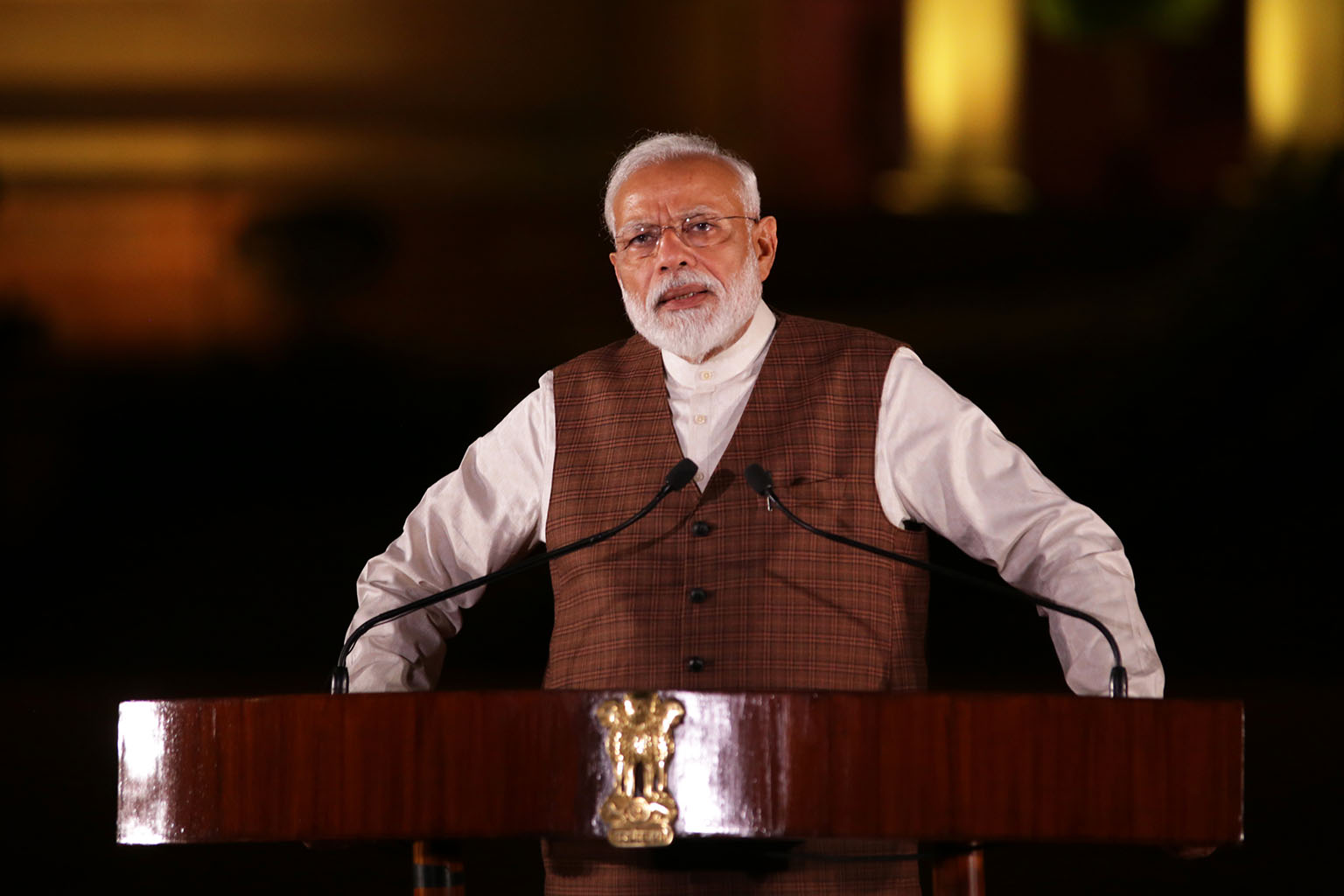Pulitzer Center grantee Kalpana Jain and American historian John Fea spoke on the relationship between religion and populism during a webinar on Friday, March 5, 2021, presented by the Pulitzer Center and Georgetown University’s Berkley Center for Religion, Peace, and World Affairs.
Jain’s Pulitzer Center-supported reporting project, Hindu Nationalism, Its Toll, and India's Inter-Faith Resilience, explores the effect of Hindu nationalism on Indian society through the lives of women and millennials.
In the webinar, Jain explained how membership in the Hindu nationalist women’s organization Durga Vahini can give some women a new sense of agency in a patriarchal society.
“It gave them a sense of empowerment,” she said.
But this empowerment is based in a movement that promotes an exclusionary interpretation of Hinduism, which has become more prevalent in Indian politics in recent years. Under the Hindu nationalist government of Prime Minister Narendra Modi, hate crimes, particularly against Muslims, have surged.
Fea, discussing the story of one participant in the January 6, 2021, storming of the U.S. Capitol, observed a similar surge in Christian nationalism and how it can provide an outlet for those who feel that they do not have a voice in society.
“His story shows the connection between this notion of Christian nationalism, the idea that America was founded as a Christian nation and needs to be reclaimed, renewed, or restored as a Christian nation,” he said.
Like the U.S., India was founded as a secular state, but Hindu nationalist organizations have had a grassroots base since Hindu nationalism emerged as a political ideology under British colonial rule in the early 20th century. In the following decades, such organizations have grown exponentially. The current ruling party in the Indian parliament is the Hindu nationalist Bharatiya Janata Party, of which Modi is a member. Jain said it can be difficult for the Indian media to report stories that challenge the ideology of the government.
“What’s happening under Modi is a complete crushing of any kind of voice in the media of dissent in the media,” Jain said. “It’s very hard any more to report the truth, to report facts.”
When journalism is stifled, there is more space for rumors and disinformation to spread through social media like WhatsApp. Fea commented on how Christian nationalists in the U.S. do not trust established media outlets and turn to increasingly polarized sources for news.
But Jain said she still has hope for the potential of responsible reporting.
“Journalists have to know that the change will happen. It is happening. Their writing, their words, and their reporting matters.”
Read the Berkley Center’s blog post about the event here.









